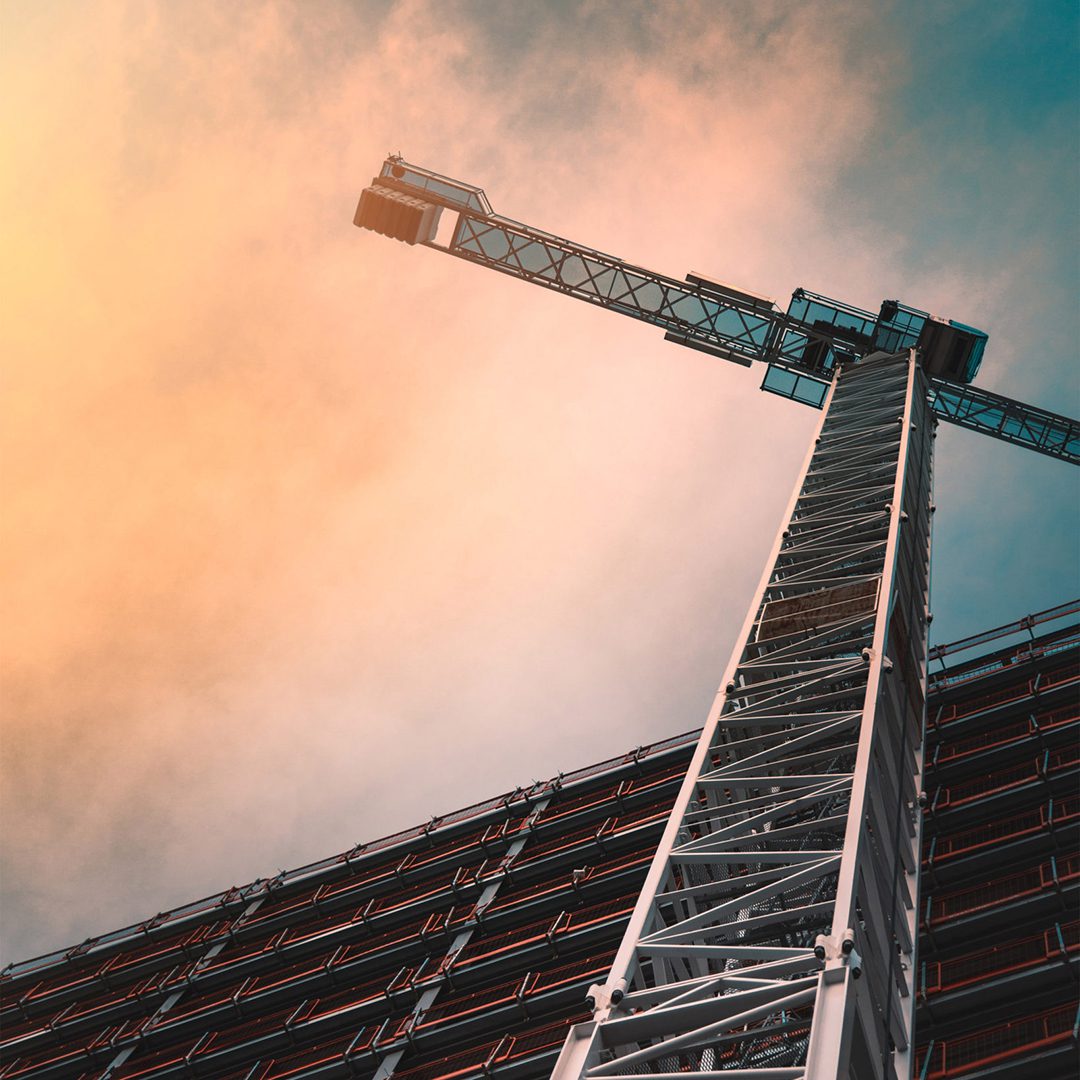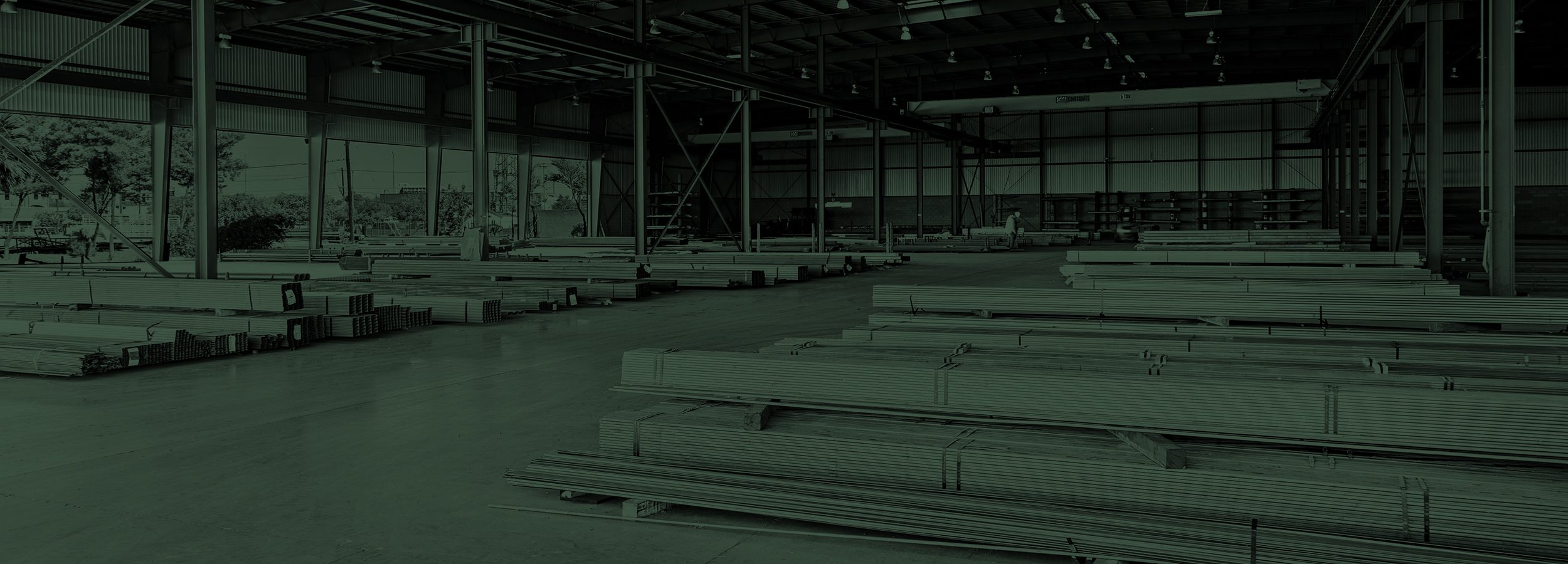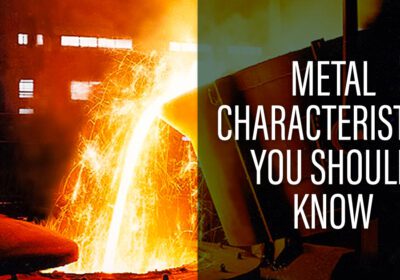Structural Steel 101: Composition, Specifications, Properties

Structural steel is the most studied, most widely used, and best understood building material available. It makes up most of the essential infrastructure that supports modern industry. Structural steel forms the skeletons of buildings, crane booms, bridges, and transmission towers. It is also used to build pipelines, machinery, trucks, and trains. Arizona Iron Supply in Phoenix has been providing structural steel to local builders since 1977. You can rely on our expert knowledge of structural steel and its composition, specifications, and properties when sourcing materials for your next build.
Structural Steel Composition
Carbon is one of the most important components of steel. Forming steel requires refining an iron-carbon alloy through heating and cooling until its carbon content falls below 2.1 percent. To create structural steel, the carbon is reduced even further. Structural steel must have a carbon content of 0.15 percent to 0.30 percent. This precise amount of carbon provides the perfect balance of strength and ductility required to support large structures and heavy loads.
Adding other elements to structural steel can increase its strength and durability and enhance its performance even further:
- Manganese combines well with iron and sulfur, making it essential in producing hot rolled steel.
- Aluminum and silicon help deoxidize the steel and create a finer grain in the crystalline microstructure.
- Chromium, nickel, or copper provide increased corrosion resistance and prevent deterioration.
- Columbium, molybdenum, phosphorus, vanadium, nitrogen, or titanium might also be added to augment specific qualities.
Structural Steel Specifications
All structural steel must conform to the regulations and grades established by ASTM International. Formerly the American Society for Testing and Materials, this organization was founded in 1898 and continues to regulate materials production today. Their strict standards and codes ensure that steel manufacturers produce only the highest quality materials. Besides its ASTM grade, the other specification for structural steel is ksi, or kilopounds per square inch. The ksi of structural steel measures how many thousands of pounds of pressure per square inch the material can withstand.
There are three types of structural steel, each with its own specifications:
- Carbon Steel—Also known as carbon—manganese steel, this type of structural steel is extremely versatile and is the most widely used. Carbon steel is ASTM grade A36, with a minimum stress yield of 36 ksi.
- HSLA (High Strength Low Alloy)—This type of steel has even higher strength due to added trace elements. HSLA steel has ASTM grades A572 and A588, with a minimum stress yield of 42-65 ksi.
- High Strength Quenched and Tempered (Q&T) Alloy—Q&T structural steel uses heat treatment to produce an incredibly strong grade of structural steel. Available only in plate form, Q&T has an ASTM grade A514, with a ksi of 90 to 100.
Structural Steel Properties
Four main physical properties make structural steel invaluable to builders:
- Strength, or ksi, measures the stress resistance of structural steel.
- Stiffness measures its ability to resist deformation under both stress and strain together.
- Toughness refers to its ability to absorb energy before failure.
- Ductility describes its ability to redistribute stress and measures how much plastic deformation structural steel can undergo before failure.
No other building material can match the strength, stiffness, toughness, and ductility of structural steel. These properties combined make structural steel the toughest, longest lasting, most durable building material available. Because structural steel is 100% recyclable, it is also one of the most reused materials in the world.
Contact Us
Do you have questions about structural steel composition or about which type is suitable for your build? Arizona Iron Supply offers an extensive array of structural steel. Our warehouses in Phoenix and Scottsdale can outfit you with the right parts to get the job done! Check out our inventory online, or call us at 1-800-528-9875 to learn more.
Photo by James Sullivan on Unsplash




